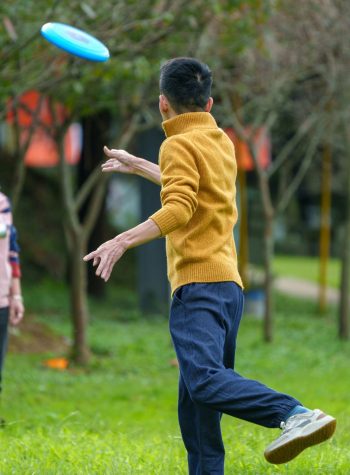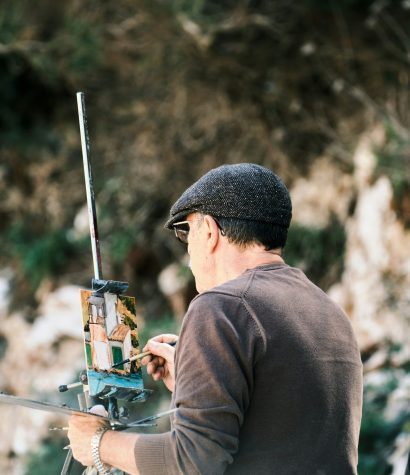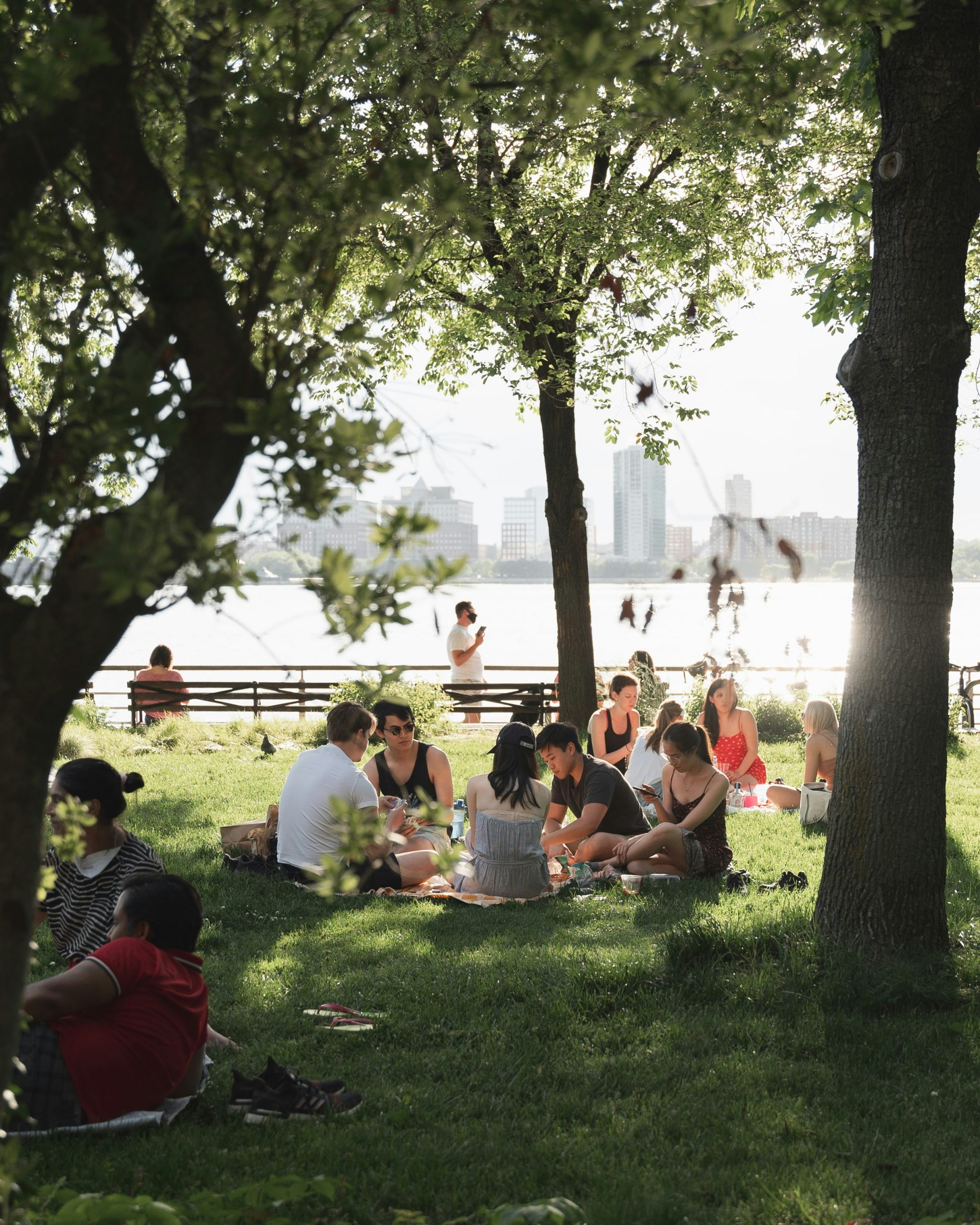Why Playfulness Matters to Your Well-Being and Your Relationships
Many of us value traits like hard work, self-discipline, and self-control—qualities often seen as signs of “strong character”. But in focusing so much on being productive or responsible, we often overlook the importance of playfulness. It doesn’t usually make it onto a resume or into professional conversations, so in our capitalist-focused world it can seem like a “useless” quality. As a child and play-based therapist and a therapist who works with adults, my question for you is this: is playfulness really so frivolous—or could it be essential to our well-being?

Playfulness Is Part of Who You Are
That might sound like a bold claim, but hear me out. Think back to your own childhood, or to any child you know. Children have an incredible capacity to play—whether it’s pretending to run a restaurant, making shapes out of play dough, drawing imaginary creatures, or just watching clouds float by. On the surface, it looks like simple fun. However, playfulness actually stems from a deeper place: safety.
A child who feels threatened or afraid isn’t thinking about playing—they’re thinking about survival. When a child feels safe, their natural playfulness re-emerges. As adults, we often become so focused on meeting expectations—at work, at home, in our relationships—that we lose touch with this part of ourselves. By making space for playfulness, we are reconnecting with a sense of safety and emotional freedom.
How Do You Tap Into That?
The truth is, you don’t have to “learn” how to be playful. Just like children don’t need instructions to play, adults don’t need to be taught how to feel joy or curiosity. What we do need is to create an environment where it feels safe to let our guard down, and your natural playfulness can emerge.
So ask yourself: When was the last time you felt truly relaxed, unbothered by performance or expectations? Chances are, it was when you were doing something for no other reason than enjoyment—gardening, painting, hiking, fixing an old car, trying a new recipe. These kinds of hobbies aren’t just fun; they provide a sense of freedom and safety that’s deeply therapeutic. That’s why I often encourage clients to protect time for their hobbies—it’s a way to reconnect with themselves and nourish their mental health.

5 Ways To Connect With Your Playfulness
- Give yourself permission to be unproductive. Let go of the pressure to always be efficient—playfulness often emerges when you’re simply allowing yourself to enjoy the moment without a specific goal.
- Revisit a childhood activity. Think back to something you loved as a kid—painting, dancing, building things, or playing pretend—and try it again, just for fun.
- Spend time with playful energy. Being around kids, pets, or playful friends can help you relax and reconnect with spontaneity.
- Schedule “no-agenda” time. Set aside one hour a week where you don’t plan anything productive. Use the time to explore, try something creative, or do something just because it feels good.
- Stay curious. Playfulness thrives in spaces of curiosity. Try new things, ask questions, and don’t be afraid to be a little silly or imperfect.
Playfulness Nourishes Relationships, Too
Beyond personal well-being, playfulness also brings depth and vitality to our relationships. Think of two people sharing a moment with no agenda—no talk of bills or work or chores. Just cloud-gazing, cooking together, playing catch with the dog, cuddling in the morning, or getting creative with paint or cookies. These seemingly “idle” moments often become the most cherished memories. They build trust, intimacy, and emotional safety between partners.
Of course, empathy and communication are crucial to any relationship. But if those things become just another performance—another box to check—they lose their heart. Playfulness, on the other hand, invites us to feel safe with one another. If you’re going through a rough patch in your relationship, a simple but powerful question might be: When was the last time we had fun together? Or even: When was the last time I had fun? Maybe it’s time to allow yourself to play—and to invite your partner along, if that feels right.

Some Common Misconceptions About Playfulness
- Playfulness does not mean more work. In fact, more work often gets in the way of playful energy. Take travel, for instance. It can be a wonderful way to connect—but if the itinerary is jam-packed and every hour is planned, it may become another task. If your intention is to enjoy each other and embrace play, you’ll want to slow the pace, leave space for spontaneity, and stop for that new ice cream flavor without guilt.
Humor is not the same as playfulness. Humor can be playful—like when I once joked that my recipe was worth a million dollars, and a friend laughed and said she’d frame it in gold. That kind of humor invites connection. But sometimes humor is used as a defense to avoid vulnerability. When that happens, it can signal that the person isn’t feeling safe. True playfulness arises from a place of emotional openness, not self-protection.
In Summary
Playfulness is not a frivolous afterthought—it’s a core part of our human experience. It supports our mental health, helps us feel safe in ourselves, and deepens our relationships. So whether it’s through hobbies, laughter, or simply slowing down to notice the beauty around you, give yourself permission to be playful. Not because it’s productive, but because it’s you.




